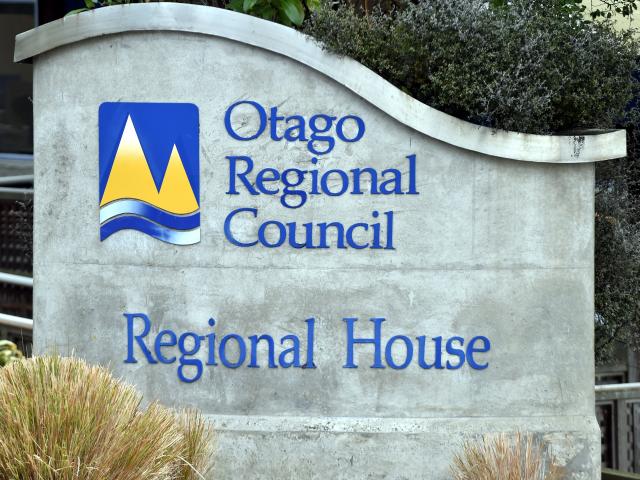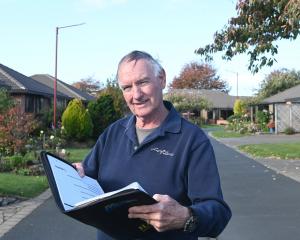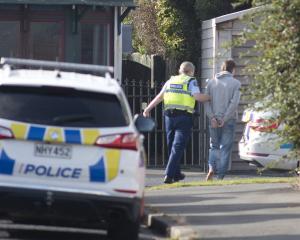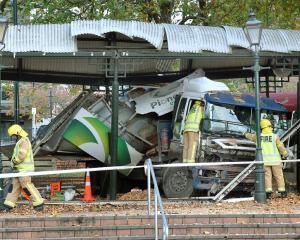
A report on the council’s output for 2018-19 was presented during a full council meeting this week.
It showed the fleet of 59 vehicles made up 60% of the council’s total output, which was 578tonnes over the 12-month period.
Domestic flights accounted for 18% of the total, and electricity for council offices, depots and pump stations 13%.
An idea, suggested by staff, to buy carbon offsets proved controversial.
During the meeting, Cr Bryan Scott said he was cynical about carbon offsets, calling the idea "lazy"; planting should be done regardless, he said.
"That is our moral responsibility on this planet."
Chief executive Sarah Gardner said she did not disagree with Cr Scott about offsets, but that it was something that could be done immediately if councillors wanted to get to net carbon zero.
The council could then "chip away" at the number of offsets purchased by making transitions to reduce emissions, she said.
Cr Kevin Malcolm said the idea would be an "unacceptable" cost to ratepayers.
He believed carbon offsets were "another Ponzi scheme" that reduced the incentive to stop pollution.
Crs Michael Laws and Alexa Forbes were also opposed to the idea.
Councillors unanimously voted against asking staff to consider the cost of purchasing carbon offsets.
Chief executive Sarah Gardner said there was no requirement for the council to do an inventory of its emissions, but it had been helpful to understand the effects its day-to-day activities had.
The long list of actions the council would consider to reduce its carbon footprint included continuing to undertake emissions inventories, using video conferencing where possible to reduce travel, and a transition of vehicles to small engine, electric or hybrid cars where possible.
Mrs Gardner said some of the recommended actions would be easy, while others — such as a transition to low-carbon vehicles — would require more time.
"[The vehicles] have to be able to cover thousands of kilometres of hilly terrain across Otago.”
There would also be a higher-level assessment of greenhouse gases across the region for councillors to look at, which was expected to be completed in early 2021, she said.
Comments
Slowly, slowly, no need to rush. I mean it's not like there is an emergency or anything! It's not like the world is rapidly warming up causing catastrophic weather events, sea level rise, accelerating mass extinction and fuelling global pandemics.!!!
At the very least if you going to do emissions inventories they should also included Port Otago and any other companies ORC own.












